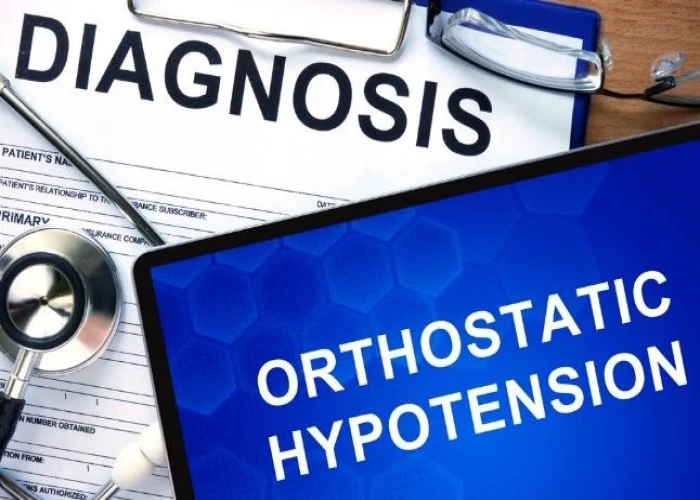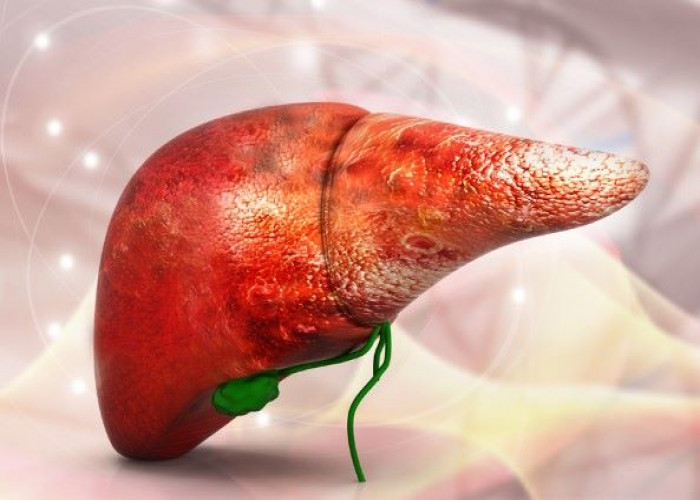 Welcome
Welcome
“May all be happy, may all be healed, may all be at peace and may no one ever suffer."
Enlarged liver

An enlarged liver, also known as hepatomegaly, is a condition in which the liver is larger than normal. It can be caused by a variety of factors, including viral hepatitis, alcohol abuse, fatty liver disease, autoimmune disorders, and certain medications.
When the liver is enlarged, it may not function properly, which can lead to a variety of symptoms, such as abdominal pain, fatigue, jaundice (yellowing of the skin and eyes), and swelling in the legs and feet. An enlarged liver can also cause other complications, such as liver failure, fluid buildup in the abdomen, and bleeding disorders.
Treatment for an enlarged liver depends on the underlying cause. If it is caused by a viral infection or autoimmune disorder, medications may be prescribed to control the condition. In cases where alcohol abuse is the cause, stopping alcohol consumption is essential. If fatty liver disease is the cause, lifestyle changes such as losing weight and adopting a healthy diet may be recommended. In rare cases, surgery may be necessary to remove a portion of the liver or to transplant a new liver.
It is important to seek medical evaluation if you are experiencing symptoms of an enlarged liver, as the condition can have serious complications. Your healthcare provider will perform a physical exam and may order blood tests, imaging studies, or other diagnostic tests to determine the underlying cause of the enlargement and to guide appropriate treatment.
Research Papers
Disease Signs and Symptoms
- Abdomen pain
- Fatigue (Tiredness)
- Nausea or vomiting
- Yellowing of skin and eyes (jaundice)
Disease Causes
Enlarged liver
The liver is a large, football-shaped organ found in the upper right portion of your abdomen. The size of the liver varies with age, sex and body size. Many conditions can cause it to enlarge, including:
Liver diseases
- Cirrhosis
- Hepatitis caused by a virus — including hepatitis A, B and C — or caused by infectious mononucleosis
- Nonalcoholic fatty liver disease
- Alcoholic fatty liver disease
- A disorder that causes abnormal protein to accumulate in your liver (amyloidosis)
- A genetic disorder that causes copper to accumulate in your liver (Wilson's disease)
- A disorder that causes iron to accumulate in your liver (hemachromatosis)
- A disorder that causes fatty substances to accumulate in your liver (Gaucher's disease)
- Fluid-filled pockets in the liver (liver cysts)
- Noncancerous liver tumors, including hemangioma and adenoma
- Obstruction of the gallbladder or bile ducts
- Toxic hepatitis
Cancers
- Cancer that begins in another part of the body and spreads to the liver
- Leukemia
- Liver cancer
- Lymphoma
Heart and blood vessel problems
- Blockage of the veins that drain the liver (Budd-Chiari syndrome)
- Heart failure
- Inflammation of the tissue surrounding the heart (pericarditis)
Disease Prevents
Disease Treatments
Treatment for enlarged liver involves treating the condition that's causing it.
Disease Diagnoses
Disease Allopathic Generics
Disease Ayurvedic Generics
Disease Homeopathic Generics
Disease yoga
Enlarged liver and Learn More about Diseases

Ringworm (body)

Nasopharyngeal carcinoma

Schizoid personality disorder

Reactive arthritis

Orthostatic hypotension (postural hypotension)

REM sleep behavior disorder

Painful intercourse (dyspareunia)

Tuberculosis
enlarged liver, বৃহত লিভার, বড় লিভার, বড় যকৃত
To be happy, beautiful, healthy, wealthy, hale and long-lived stay with DM3S.
